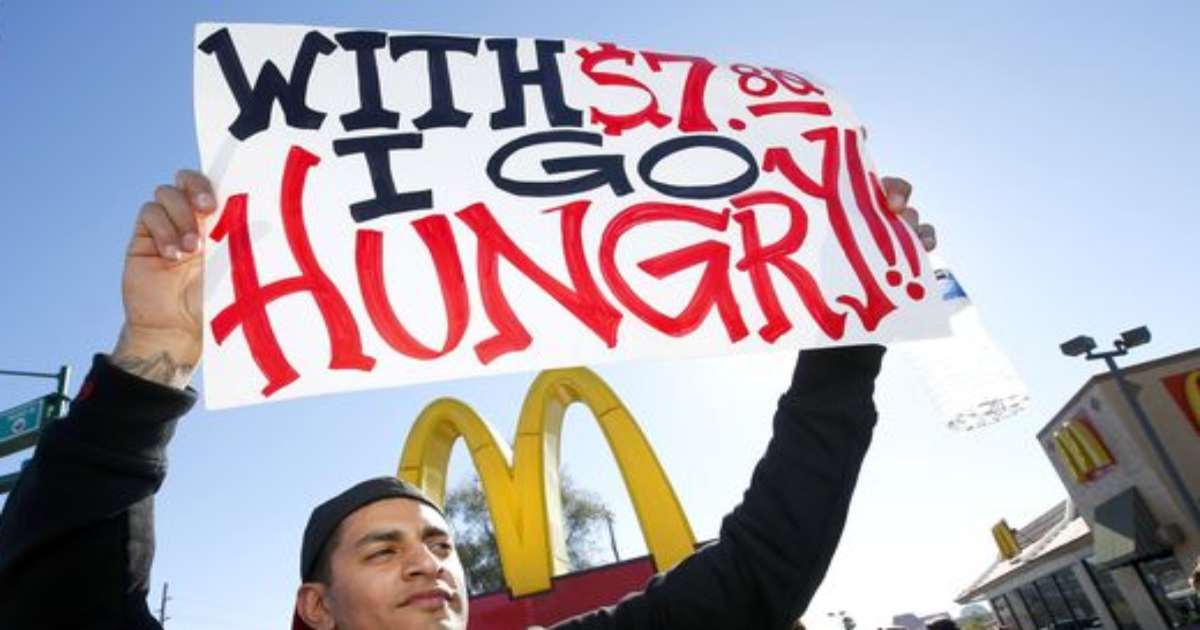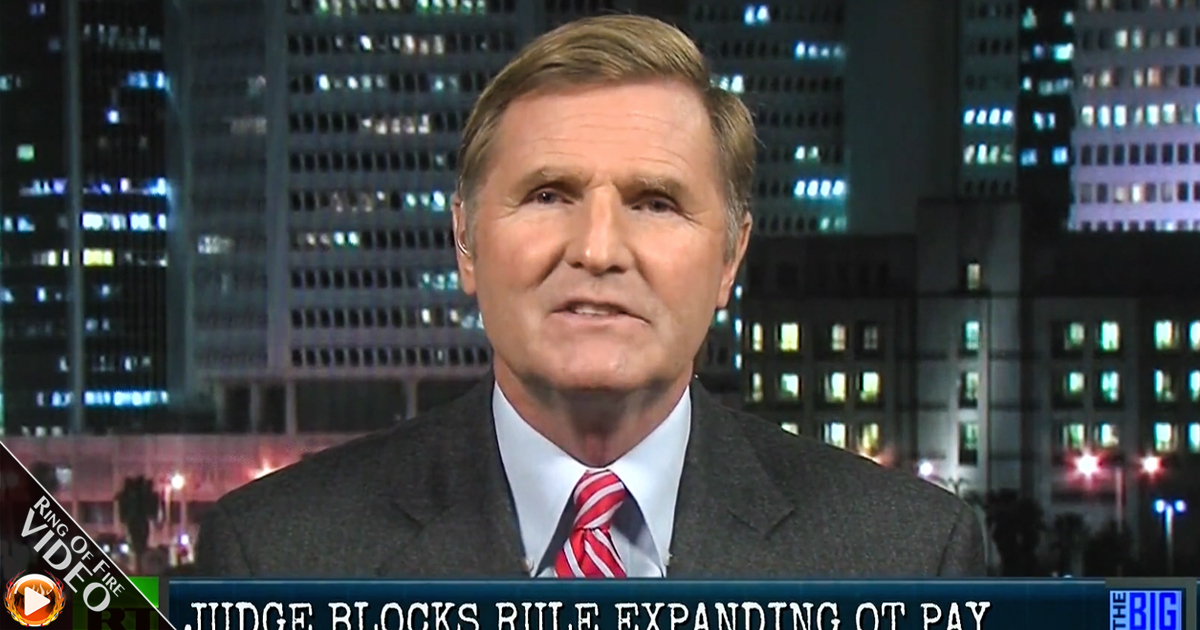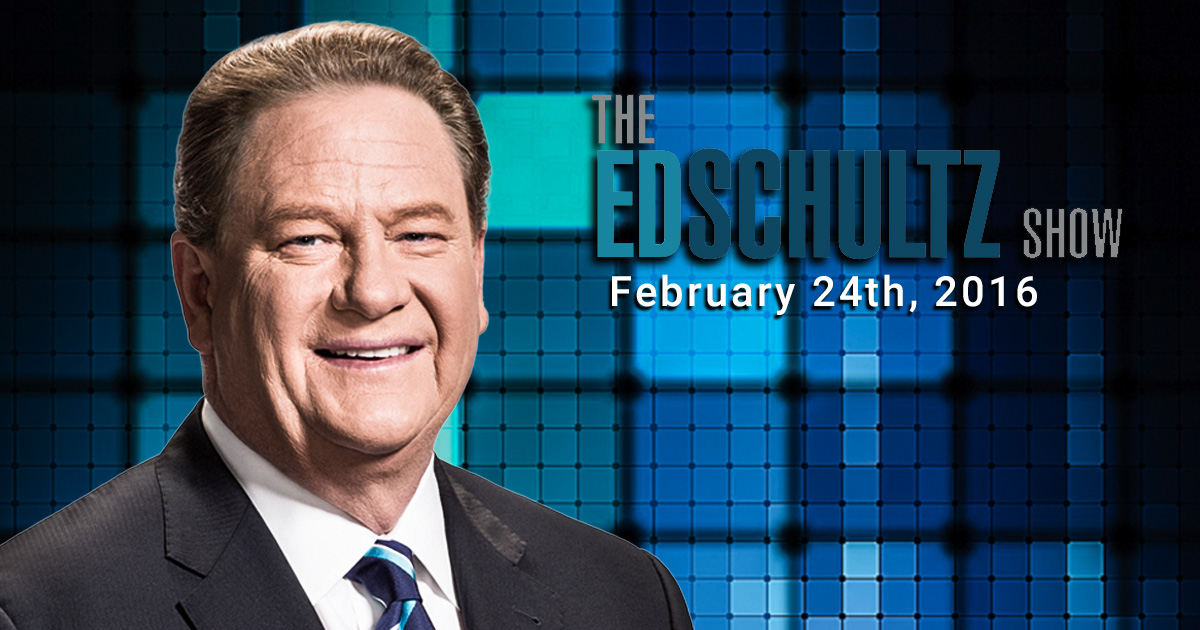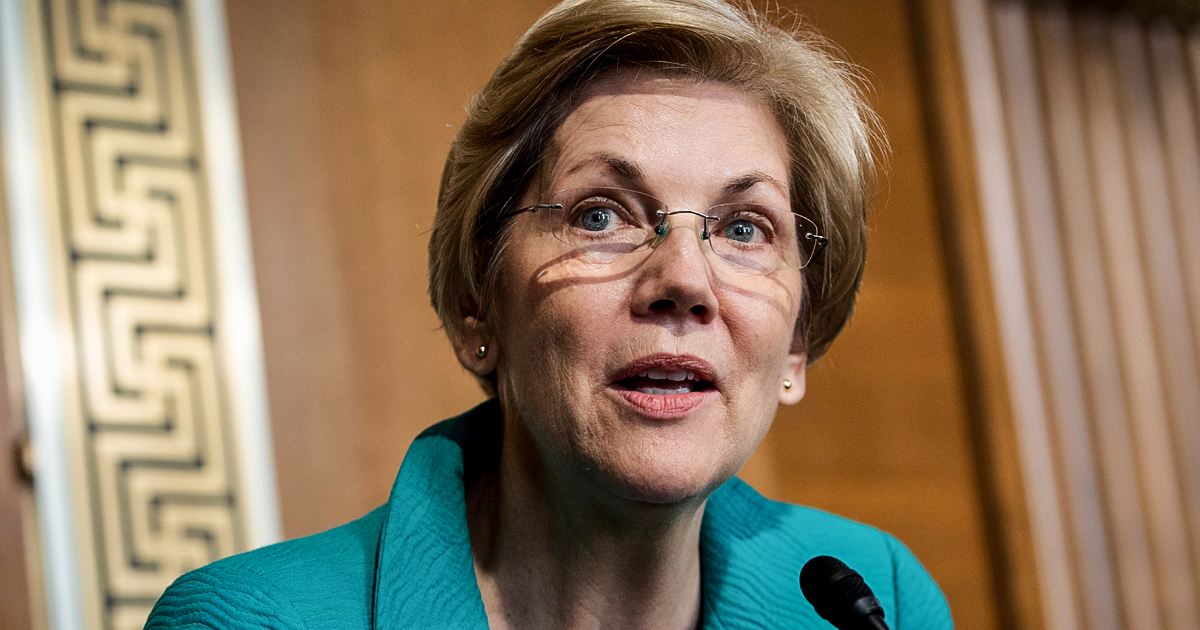Senator Bernie Sanders is taking a second attempt at proposing a minimum wage bill on the Senate floor which, if passed, would mandate that the minimum wage nationwide be extended from $7.25 hourly to $15 hourly, more than doubled.
The bill is being introduced by Independent Senator Sanders of Vermont and Democratic Senator Patty Murray of Washington and is being called the The Raise the Wage Act of 2017.
In an announcement made to an energized crowd in D.C. on Wednesday morning, the Senator announced his new bill which would immediately boost the national minimum wage to $9.25, then increase that minimum slowly over the next six years. By 2024, the nation would observe the $15 minimum wage, bringing the national wage within range of what it should be, if it had kept up with inflation.
The call for a $15 minimum wage is in line with the Fight for 15, an active protest and advocacy goal which merely requests that the minimum wage be adjusted to properly reflect the rate of inflation. While some may grumble at having fast food workers paid such a reasonable rate, those asking for $15 an hour are merely asking that they be compensate a true living wage, rather than a rate that falls well below the poverty rate.
While previous bills of its kind had been mostly rejected by both parties, this version has been cosponsored by a whopping 22 Democratic Senators, including Senate Minority Leader Chuck Schumer.
This large number of Senate supporters is indicative of just how much progressive politics and the Democratic party have changed in recent years. Two years ago when similar proposals were made for a $15 minimum wage, Schumer and many others rejected it as unrealistic and instead backed a more moderate $12 hourly.
Even during the 2016 election, Nominee Hillary Clinton balked at the $15 hourly number, instead pushing for a raise in minimum wage in general, rather than specifically advocating for what Sanders’ was arguing for. This sort of half-baked support for progressive ideals hamstrung her candidacy and helped lead to a Republican in the White House.
Unfortunately, those hoping to see this bill become law will be disappointed. A majority Republican holding on the Senate means that we won’t see even a penny of minimum wage raising, much less a doubling of it.
Still, the growing support for this bill indicates that things are changing for the Democratic party, at least on some small, hopeful level. After all, the postmortem Democratic party appears obsessed with what-might-have-been, and what is a better way to show “blue-collar,” and low income Americans that you care like advocating for more money in their pockets?




